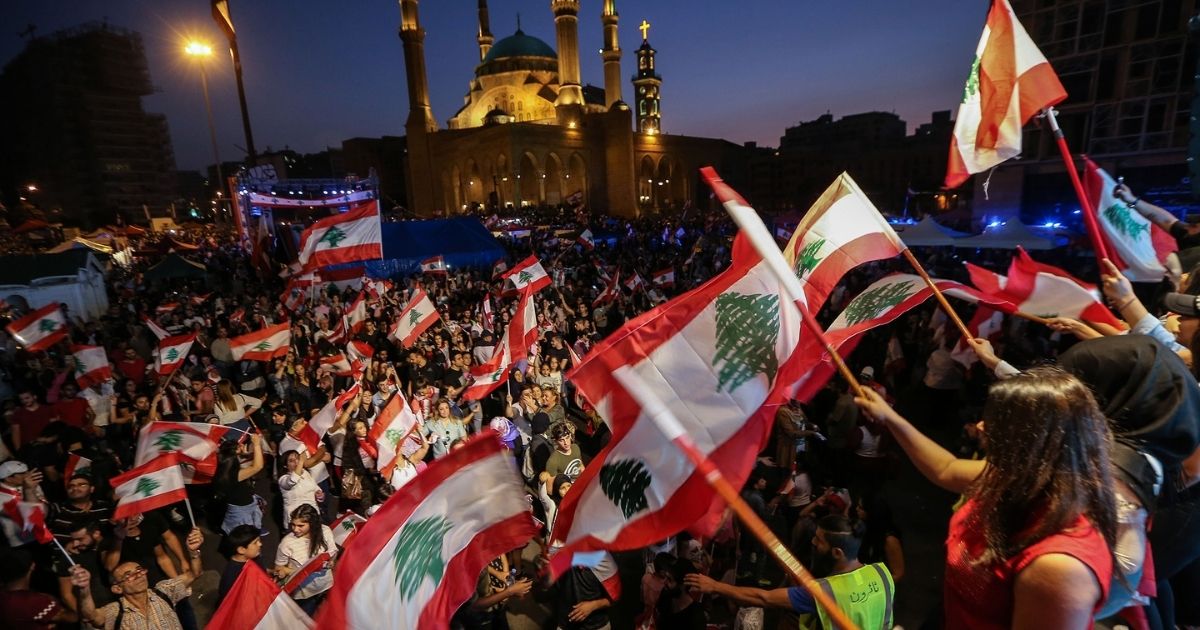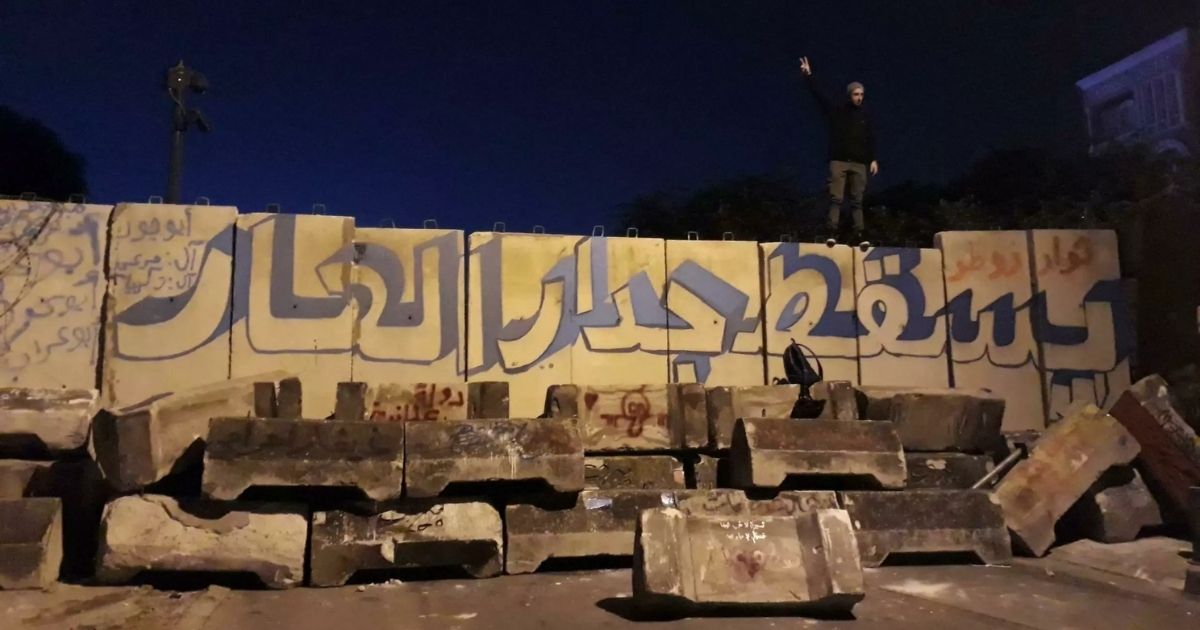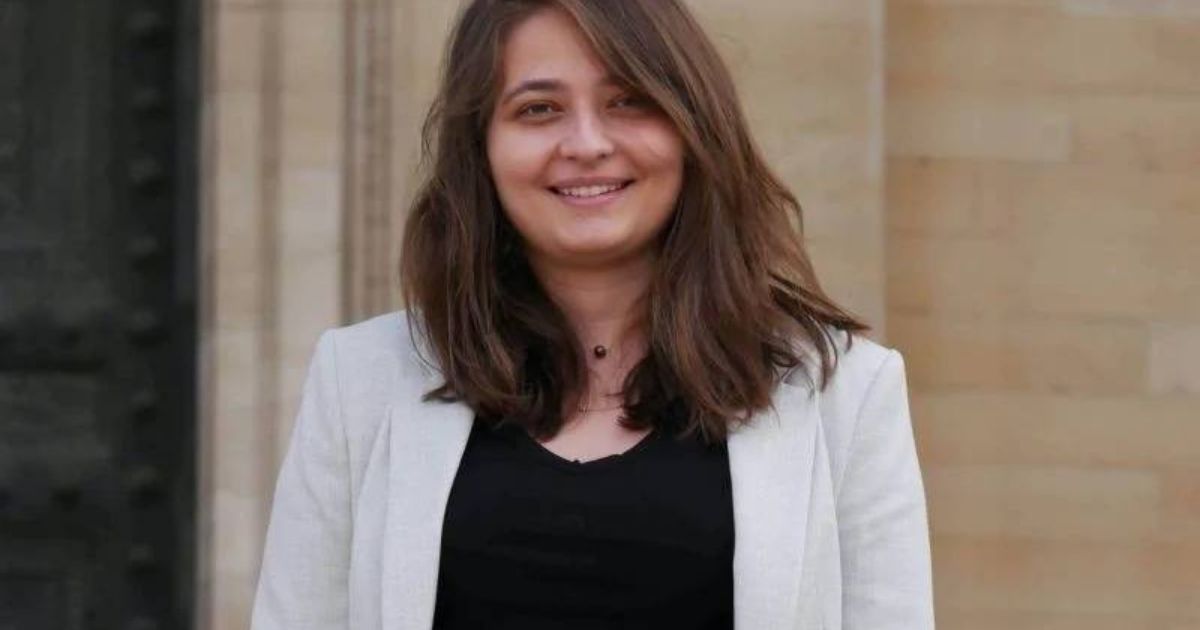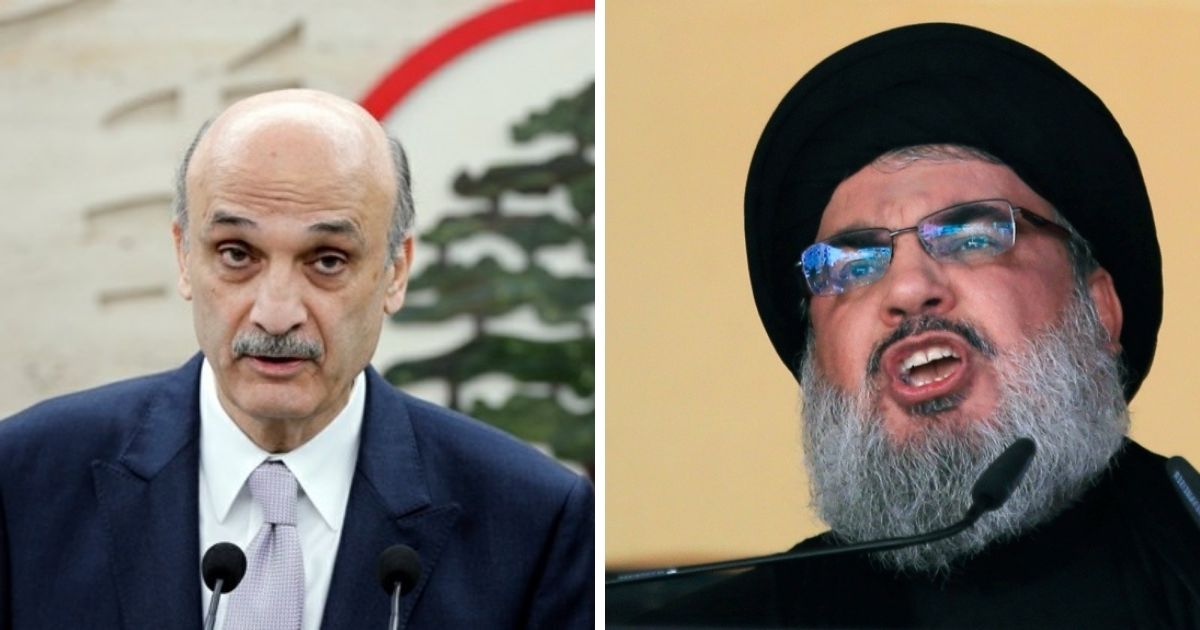Hoping in action for a better Lebanon, thousands of protesters have been marching all over the country since Thursday night in demonstrations against the deteriorating conditions the country has been enduring for decades.
The protests broke out on Thursday, Oct 17th in different Lebanese areas and as a result of many factors. They encompass years of anger over social, economic, and financial crises.
While the Lebanese people edged the limit of what they can endure, the government decided to introduce new unreasonable taxes on several products and amenities, including just now a $0.20 per day for WhatsApp calls, which comes down to around 6 dollars per month (9,000 LBP).
The plan had been abandoned later on at the request of Prime Minister Saad Hariri, but that came too late. The Lebanese people had already rebelled and taken to the streets.
The demonstration started peacefully but took a destructive turn as it unfurls in various cities. Our streets have been now witnessing rioting, lighting fires, throwing stones at police officers, smashing windows, locking main roads across Lebanon, and burning tires.
The government has issued an order to close schools, universities, and banks. And nearly all the country is shut down by protests.
Women and men, youth, children, clerics, and elders from all sects and classes have been a dynamic part of these protests as they participated holding banners, and chanting slogans like We want them all gone, The people want the fall of the regime, and Revolution.
What stands out since the start of these protests, which are considered the biggest in years, is the strong unity that the protesters are demonstrating, raising only the Lebanese flag, away from any symbols of political partisanships.
Their call has been also one: for the government of Prime Minister Saad Hariri to resign and the return of “all the money the state has stolen from the people.”
In this regard, MP saad Hariri canceled his cabinet meeting scheduled on Friday to discuss the 2020 draft budget. He held a statement, giving a 72-hour deadline to the politicians in the government to come up with solutions or else he will take a different approach.
Until this very moment, the protests continue all over Lebanon, and have spread exponentially around the world, with Lebanese in the diaspora holding protests as well in various cities in Canada, the United States, Europe, Australia, and even one planned for next week in Baghdad.
In Lebanon, dozens of protesters and 18 law-enforcement officers have been injured, a security source stated that some protesters were recently injured after the bodyguards of a former member of the parliament fired into the air in the northern city of Tripoli.
The future of Lebanon and its government remains uncertain, yet, for the first time in decades, hope has resuscitated in the hearts of the Lebanese people from these events that have united them as one.
What’s coming is unknown, for the nation doesn’t intend to back off this time, and neither the government seems willing to yield to the people’s demands.
May God Bless Lebanon and its people. Long live Lebanon!


















